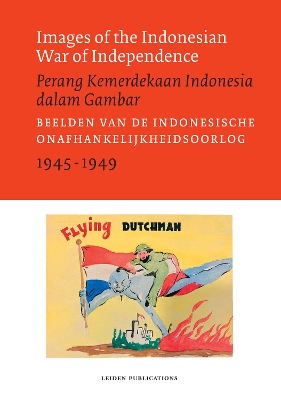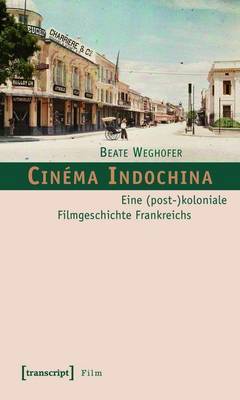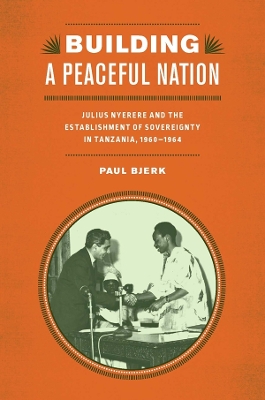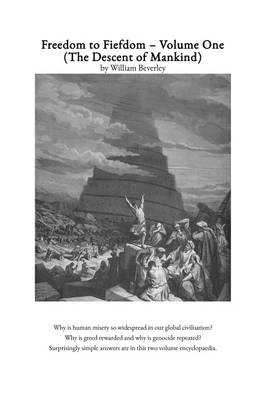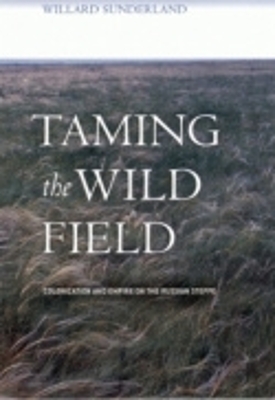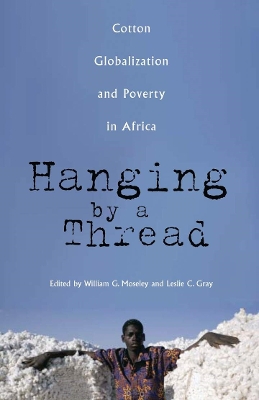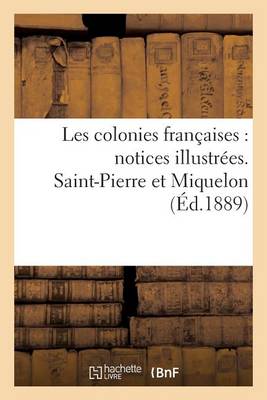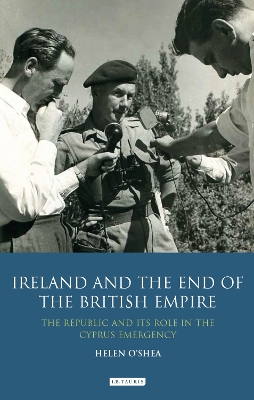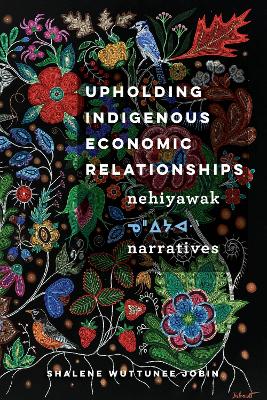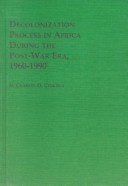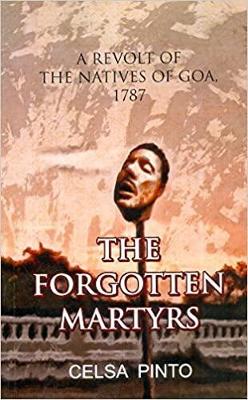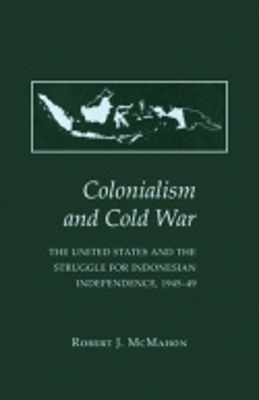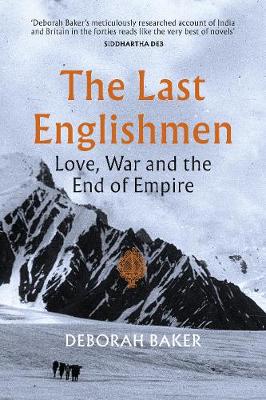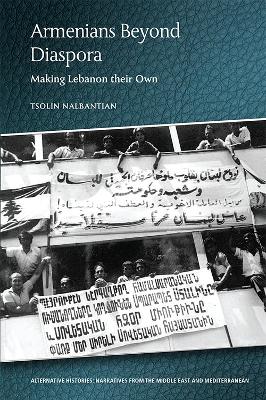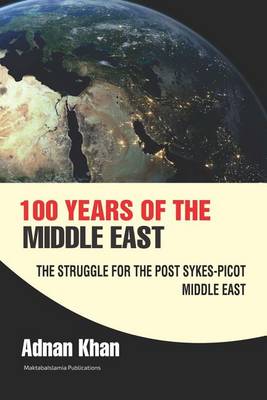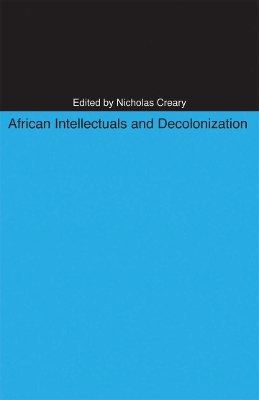Images of the Indonesian War of Independence, 1945-1949/Perang Kemerdekaan Indonesia dalam Gambar
by Sander van der Horst, Linde Lammers, and Melle van Maanen
Cinema Indochina: Eine (Post-)Koloniale Filmgeschichte Frankreichs
by Beate Weghofer
In the early 1960s, nationalist politicians established in Tanzania a stable government in the face of external threats and internal turmoil. Paul Bjerk's volume chronicles this history and examines the politics and policies of the nation's first president, Julius Nyerere. One of the great leaders of modern Africa, Nyerere unified the diverse people who became citizens of the new nation and negotiated the tumultuous politics of the Cold War. In an era whenmany postcolonial countries succumbed to...
Sir John Christopher Willoughby, 5th Bart (1859-1918), a biography
by Digby Hartridge
Stretching from the tributaries of the Danube to the Urals and from the Russian forests to the Black and Caspian seas, the vast European steppe has for centuries played very different roles in the Russian imagination. To the Grand Princes of Kiev and Muscovy, it was the "wild field," a region inhabited by nomadic Turko-Mongolic peoples who repeatedly threatened the fragile Slavic settlements to the north. For the emperors and empresses of imperial Russia, it was a land of boundless economic prom...
Money and the End of Empire (Cambridge Imperial and Post-Colonial Studies)
by Gerold Krozewski
This book presents a penetrating new analysis of the end of the empire, located at the intersection of politics, economy and society in Britain and the colonies. In the late 1940s and early 1950s, when political control was feasible, discriminatory management of the colonies sustained Britain's postwar recovery. But synergy turned into conflict as Britain moved towards economic liberalization and financial cosmopolitanism, and found it increasingly difficult to reconcile established relations wi...
Hanging by a Thread (Research in International Studies, Global and Comparative Studies)
The textile industry was one of the first manufacturing activities to become organized globally, as mechanized production in Europe used cotton from the various colonies. Africa, the least developed of the world\u2019s major regions, is now increasingly engaged in the production of this crop for the global market, and debates about the pros and cons of this trend have intensified. Hanging by a Thread: Cotton, Globalization, and Poverty in Africa illuminates the connections between Africa and the...
This hitherto unpublished diary, edited and with notes by Dr. Rogal, provides a valuable research tool for understanding the place of religion in immediate post Revolutionary America specifically amongst the American Methodist Episcopal Church members Bishop Wheatcoat had as his flock. Sent to America and appointed by John Wesley with the stern injunction ""...go and serve the desolate sheep of America"", Richard Whatcoat spent 11 years as a roving missioner bishop in the wildest parts of the Am...
Les Colonies Francaises: Notices Illustrees. Saint Pierre Et Miquelon (Histoire)
by de Henrique L
In 1949, Ireland left the Commonwealth and the British Empire began its long fragmentation. The relationship between the new Republic of Ireland and Britain was a complex one however, and the traditional assumption that the Republic would universally support self-determination overseas and object to 'imperialism' does not hold up to historical scrutiny. In reality, for economic and geopolitical reasons, the Republic of Ireland played an important role in supporting the Empire- demonstrated clear...
What is the relationship between economic progress in the land now called Canada and the exploitation of Indigenous peoples? And what gifts embedded within Indigenous world views speak to miyo‐pimâtisiwin, the good life, and specifically to good economic relations? Upholding Indigenous Economic Relationships draws on the knowledge systems of the nehiyawak ᓀᐦᐃᔭᐊᐧᐠ (Plains Cree people) to explain settler colonialism through the lens of economic exploitation. This groundbreaking study employs previ...
Domination and Reaction in Nupeland, Central Nigeria (African Studies, v. 15)
by Aliyu Alhaji Idrees
The disintegration of former colonial empires in Asia, Africa, and the Middle East after World War II profoundly affected the international balance of power, irrevocably altering the political map of the world. The United States was in a unique position to influence the outcome of the struggles for independence in the Third World. In Colonialism and Cold War, Robert J. McMahon looks closely at one area where American diplomacy played an important role in the end of the European imperial order: I...
Cuando El Rio de Corozal Cruzaba El Paralelo 38
by Gilberto Rivera Santiago
'Wholly original... It wouldn't be an exaggeration to say that there is something Tolstoyan to Baker's vast project...remarkable' Neel MukherjeeJohn Auden was a pioneering geologist of the Himalayas. Michael Spender was the first to survey the northern approach to the summit of Mount Everest. While their younger brothers - W.H Auden and Stephen Spender - achieved literary fame, they vied for a place on an expedition that would finally conquer Everest, a quest that had become a metaphor for Brita...
Armenians Beyond Diaspora (Alternative Histories)
by Tsolin Nalbantian
This book argues that Armenians around the world - in the face of the Genocide, and despite the absence of an independent nation-state after World War I - developed dynamic socio-political, cultural, ideological and ecclesiastical centres. And it focuses on one such centre, Beirut, in the postcolonial 1940s and 1950s. Tsolin Nalbantian explores Armenians' discursive re-positioning within the newly independent Lebanese nation-state; the political-cultural impact (in Lebanon as well as Syria) of t...
African Intellectuals and Decolonization (Research in International Studies, Africa)
Decades after independence for most African states, the struggle for decolonization is still incomplete, as demonstrated by the fact that Africa remains associated in many Western minds with chaos, illness, and disorder. African and non-African scholars alike still struggle to establish the idea of African humanity, in all its diversity, and to move Africa beyond its historical role as the foil to the West. As this book shows, Africa's decolonization is an ongoing process across a range of fron...
